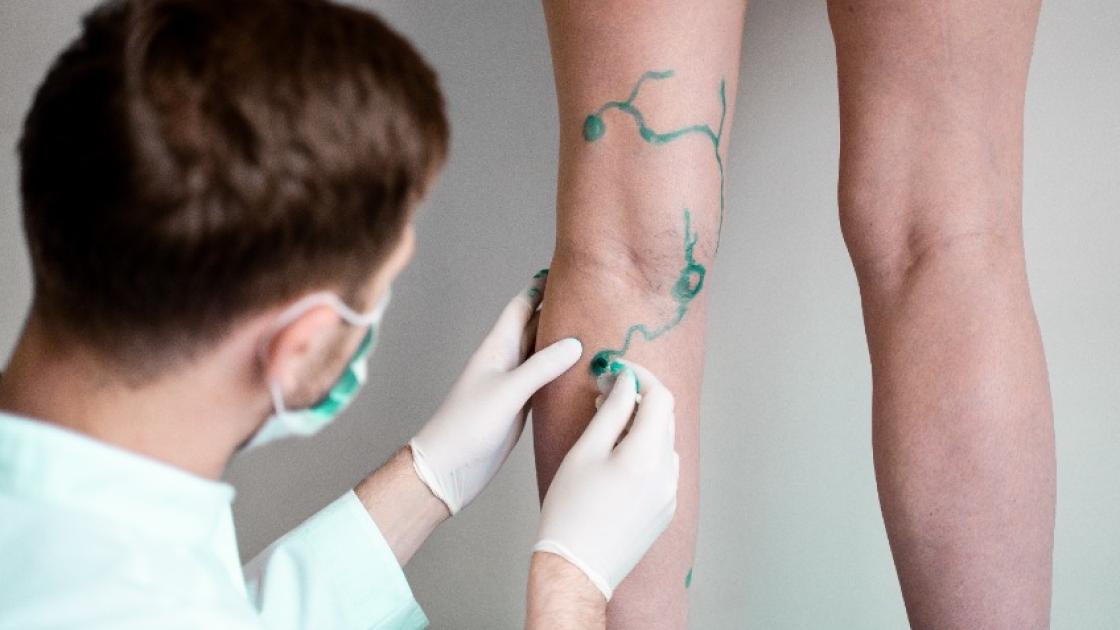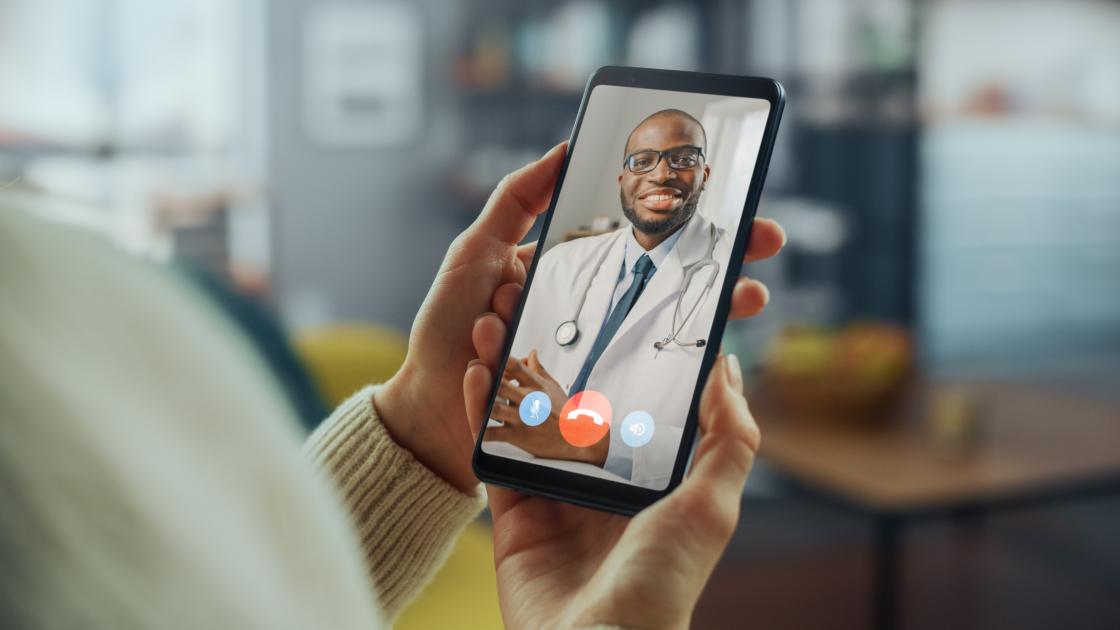
Treatment options for varicose veins
Varicose veins are enlarged and twisted veins that can appear like blue or purple cords just below the skin. Usually found in the legs, varicose veins arise when valves inside the veins become weak and unable to close properly, causing blood to pool inside the veins. For most people, varicose veins are a cosmetic concern rather than a health issue. But sometimes varicose veins can cause significant symptoms.
A diagnostic test is the first step. During this initial evaluation, you will likely undergo a specific ultrasound test referred to as a “venous reflux study” that will evaluate the quality of the valves in your veins. This helps guide the individualized treatment program for each patient.
SIU Medicine physicians offer an assortment of treatments for varicose veins. Read on to discover one that could work for you.
Compression stockings
Compression stockings, which you can buy in most pharmacies or medical supply stores, are specialized socks or hosiery intended to improve blood flow by compressing or squeezing the legs. Compression stockings may help alleviate physical discomfort caused by varicose veins, although they shouldn't be expected to “cure” the enlarged veins.
Compression stockings are not safe for everyone. Talk to your doctor first before trying a pair yourself. You may even be eligible for prescription-strength compression stockings covered by your insurance if your varicose veins are having a significant impact on your quality of life.
Sclerotherapy
Sclerotherapy is a common surgical treatment for varicose veins that can be done without anesthesia in the doctor's office. During it, a health care provider injects the varicose vein with a special solution, causing the vein to scar and close up. With blood no longer flowing through the vein, the varicose vein should go away within a few weeks. This will not impair blood flow to your leg.
Catheter-ablation of incompetent veins
For large varicose veins or incompetent veins that lead to varicose veins, a doctor can insert a catheter (thin tube) into a damaged vein and heat the tip of the catheter using laser energy or radio frequency. As the doctor slowly removes the catheter from the varicose vein, the heat destroys the vein, causing it to close up.
Ambulatory phlebectomy
During this treatment, which is usually offered for medium-sized varicose veins, a doctor removes the veins through multiple tiny punctures made through the skin directly over the veins. Scarring is usually minimal and a numbing agent, such as a lidocaine injection, is applied in the treatment area to help minimize discomfort during the procedure.
High ligation and vein stripping
Usually performed as an outpatient procedure, high ligation and vein stripping involves tying off a small varicose vein and removing it through small cuts made in the skin.
Self-care strategies
In addition to other treatment options recommended by your health care provider, there are a variety of self-care strategies that will help you manage your varicose veins and potentially prevent more from developing. You can:
- Maintain a healthy weight
- Participate in regular exercise
- Adjust your position more frequently while sitting or standing
- Eat a healthy diet, especially one lower in salt and high in fiber
- Avoid wearing high heels and clothes that fight tightly around the waist and groin (which may impair blood flow)
- Elevate your legs while sitting or lying down
Are you looking for varicose vein treatment in Illinois?
Work with a provider you can trust. Visit SIU Medicine to find a doctor today.




